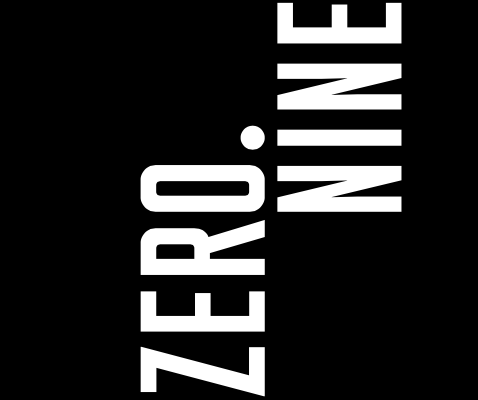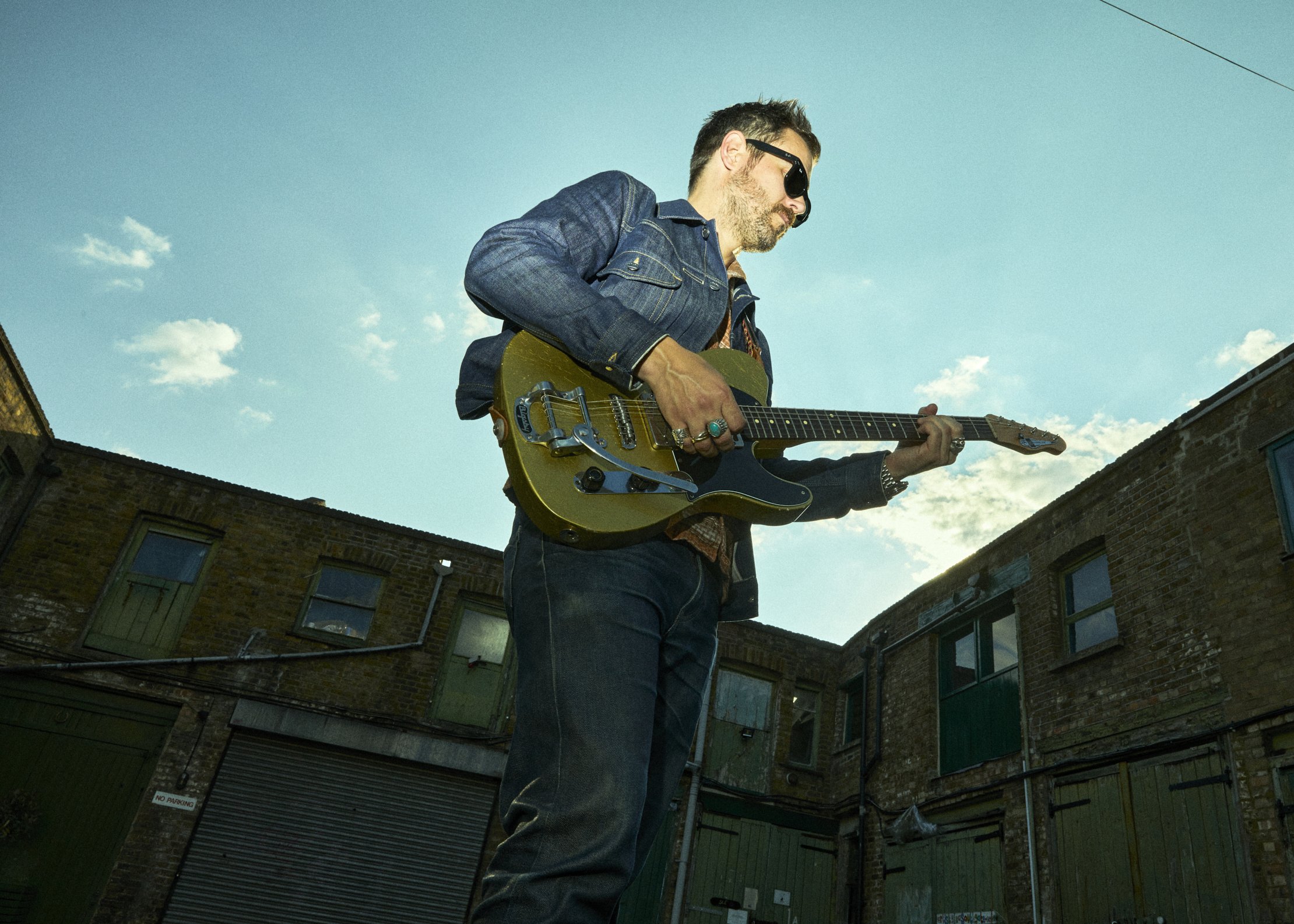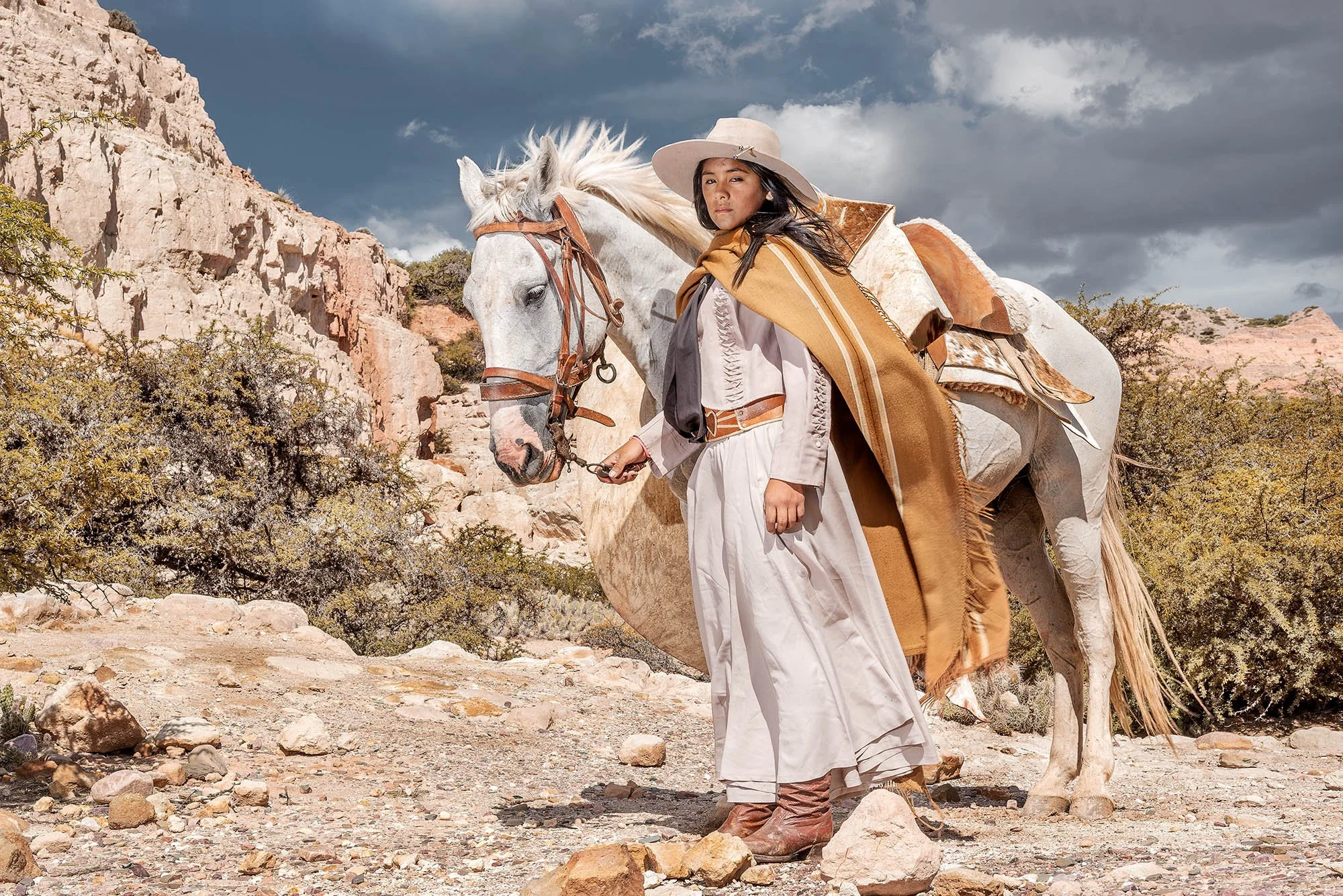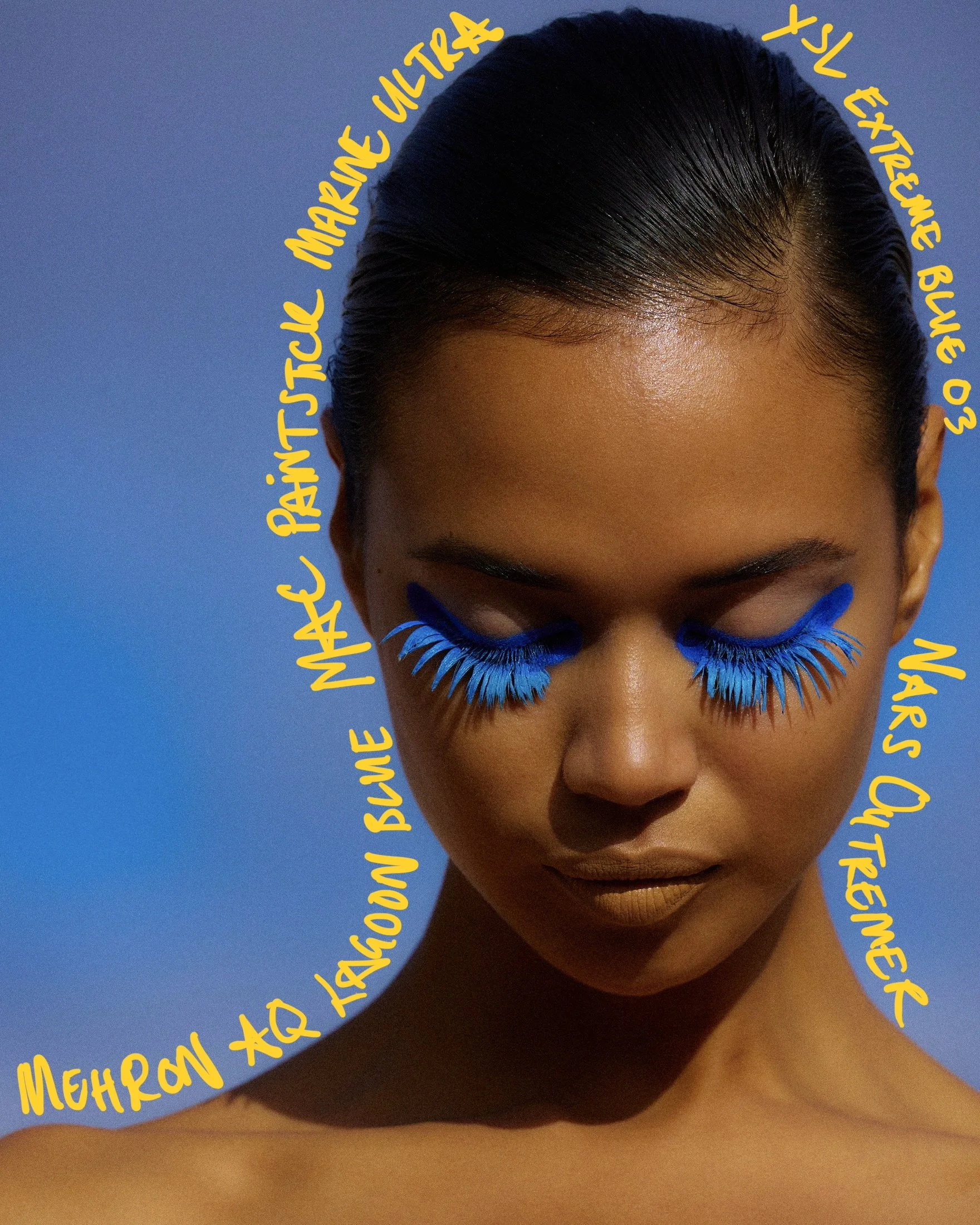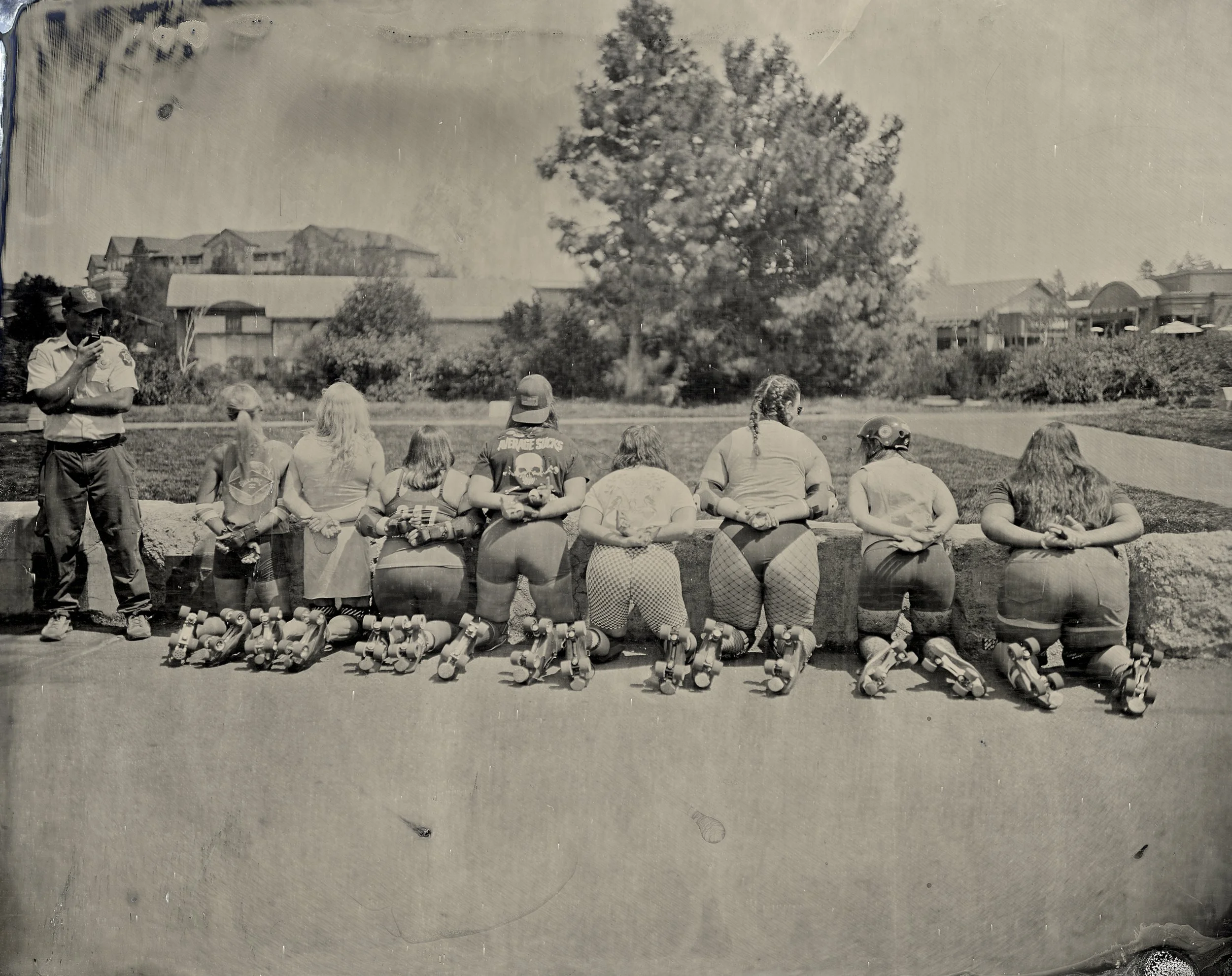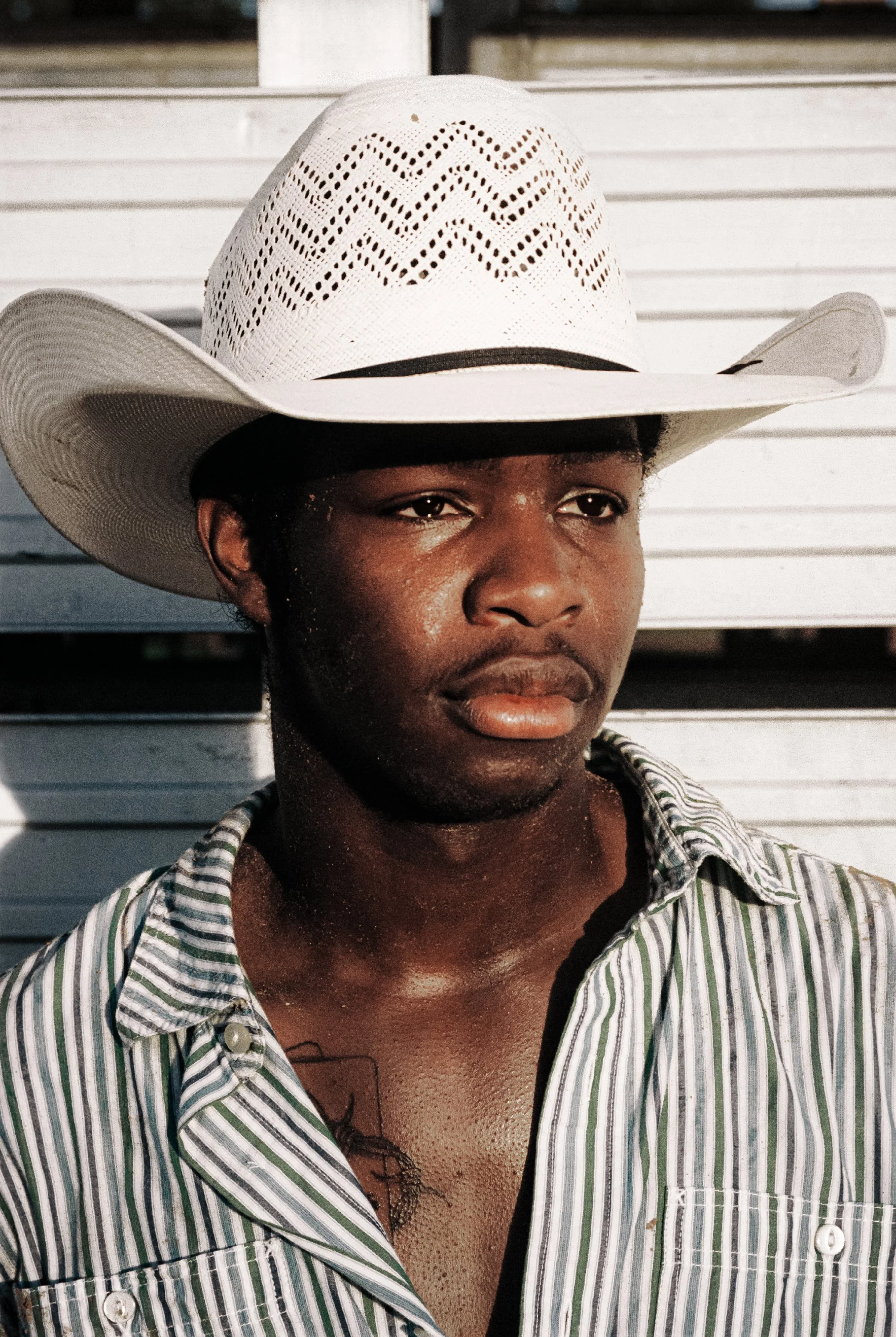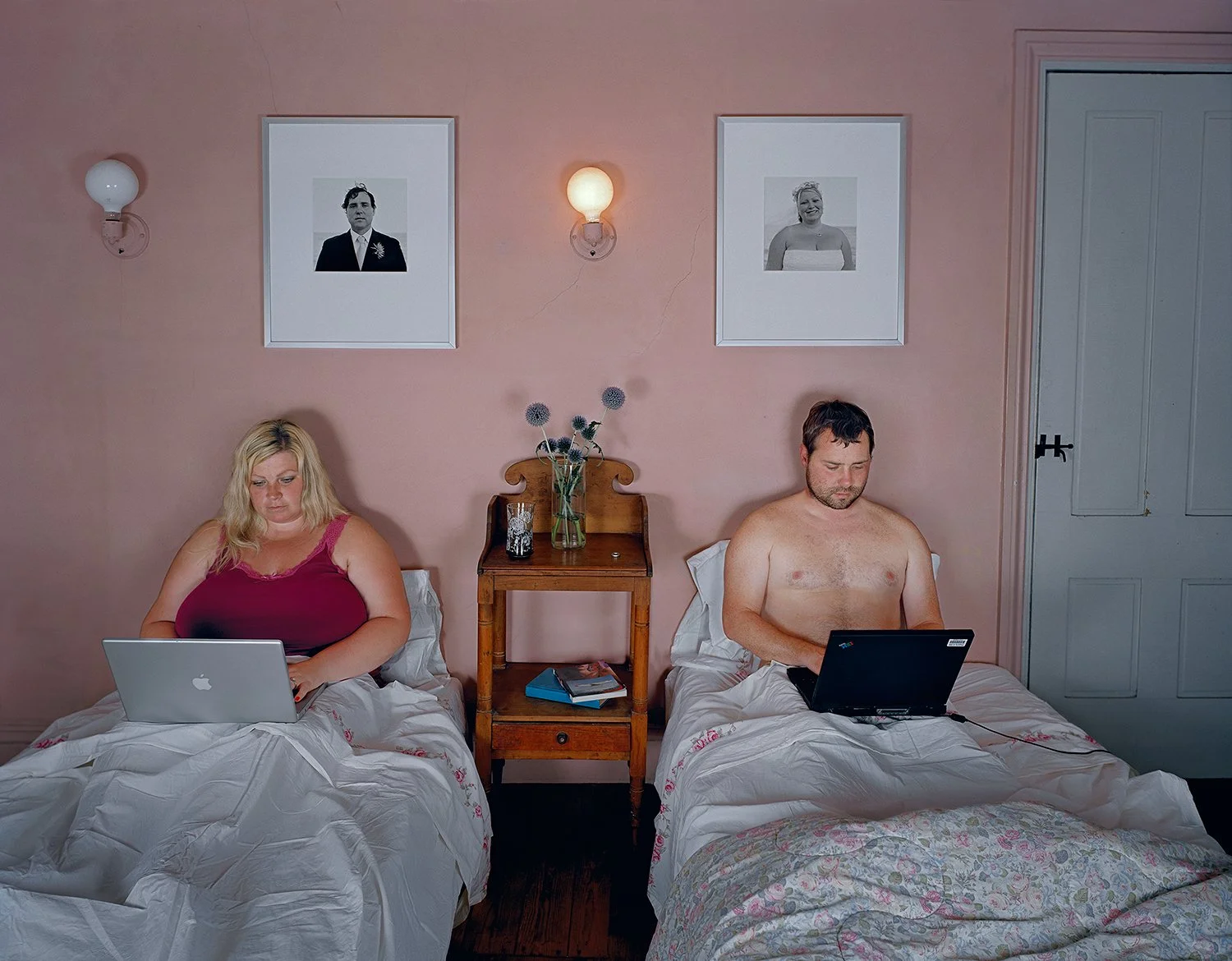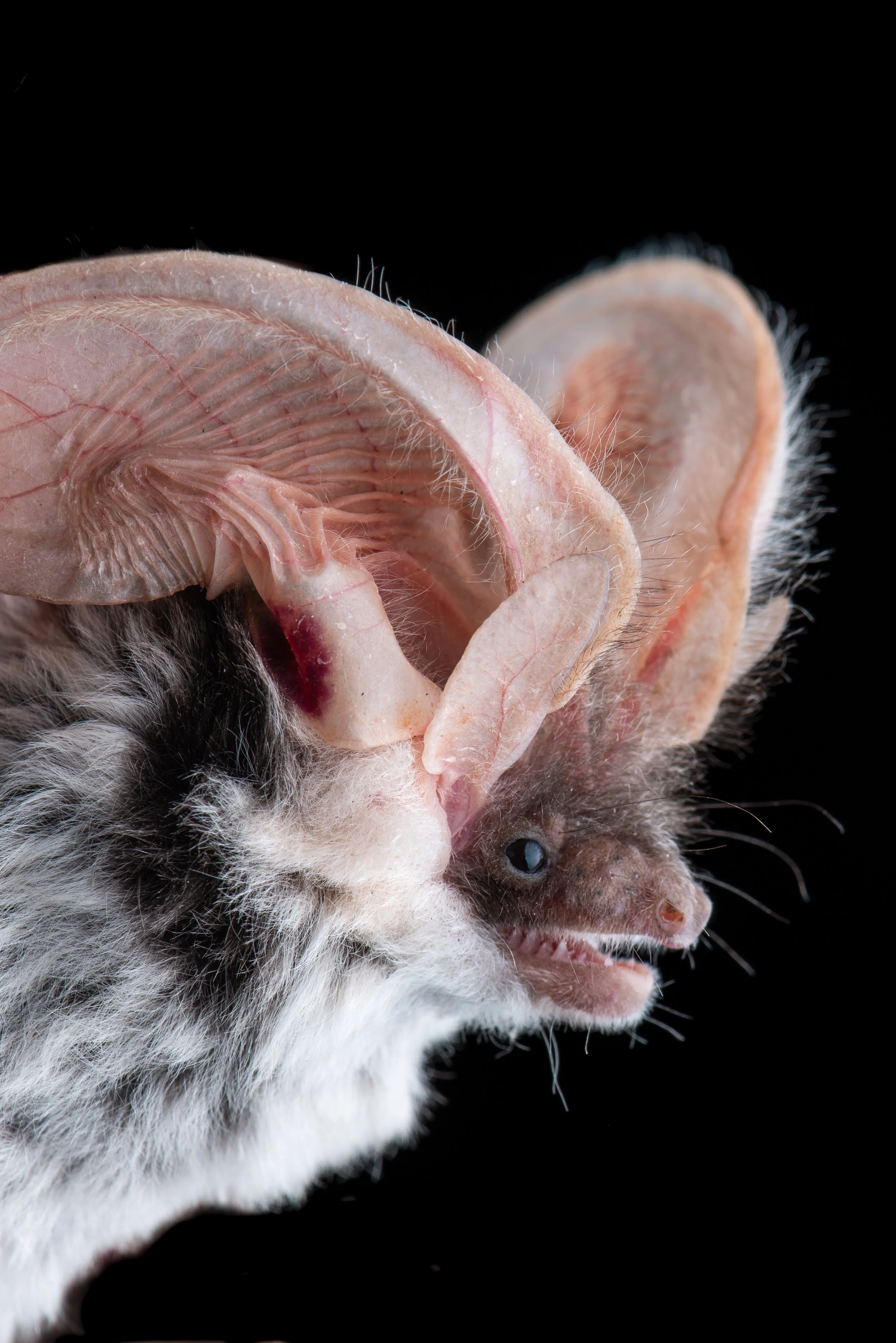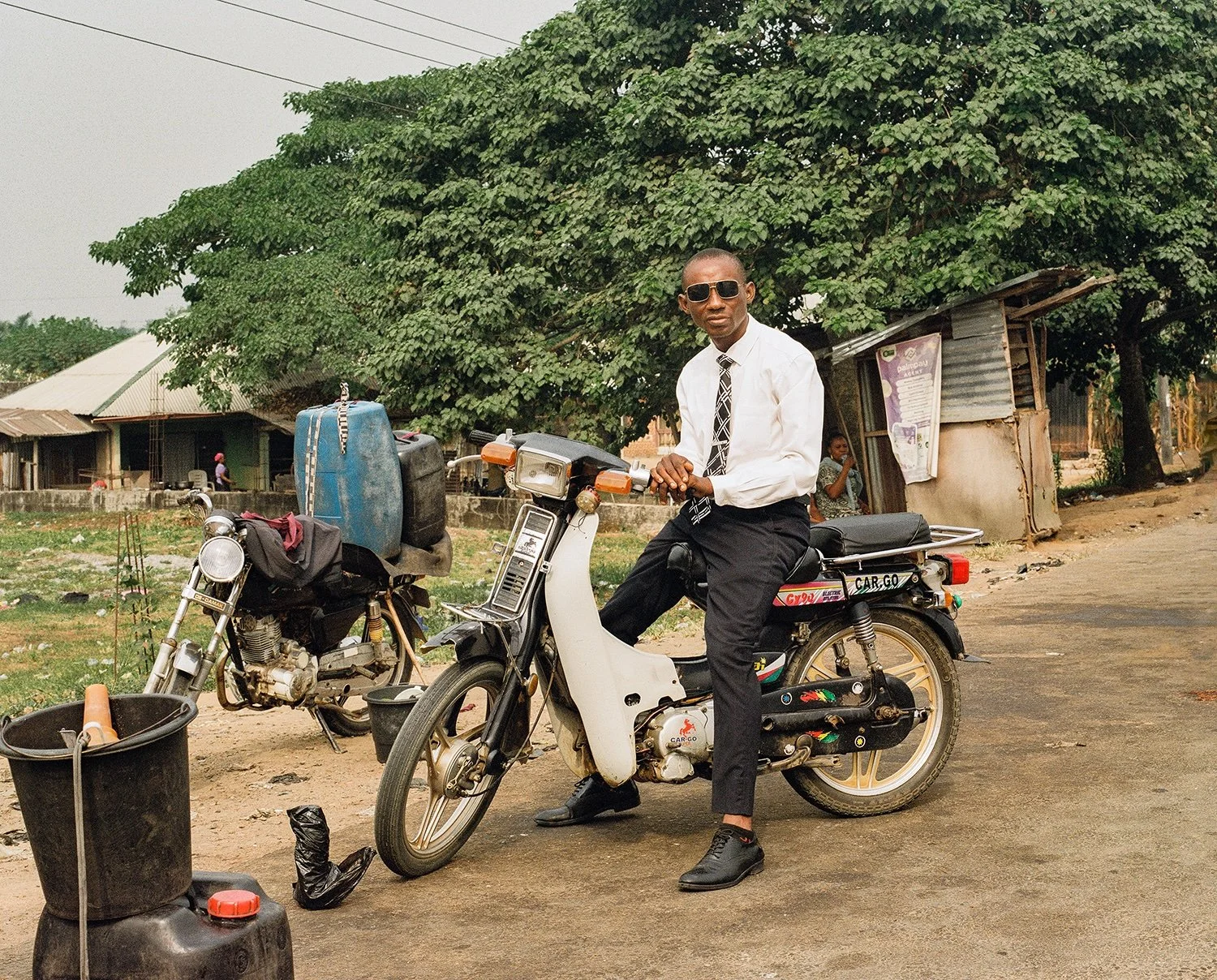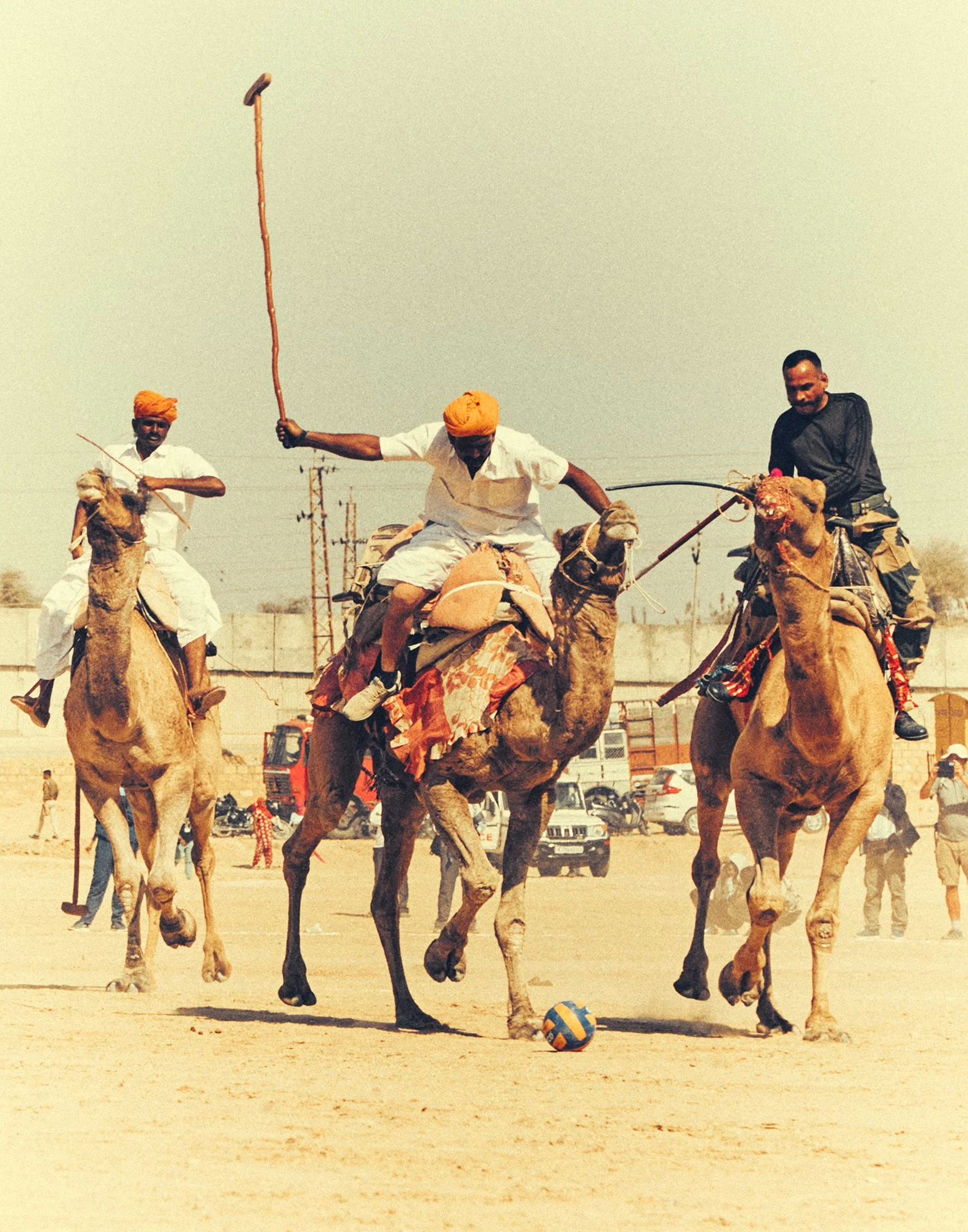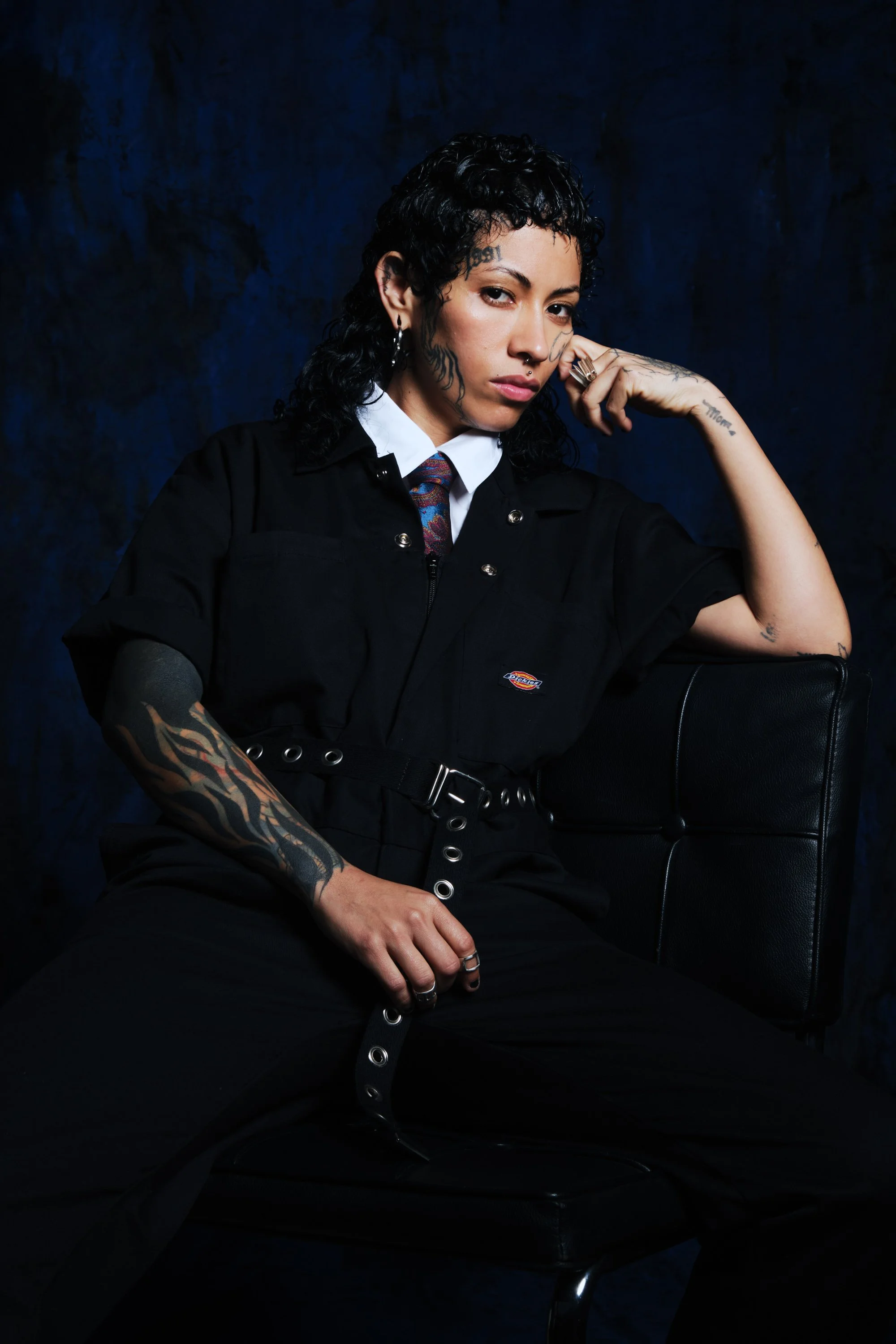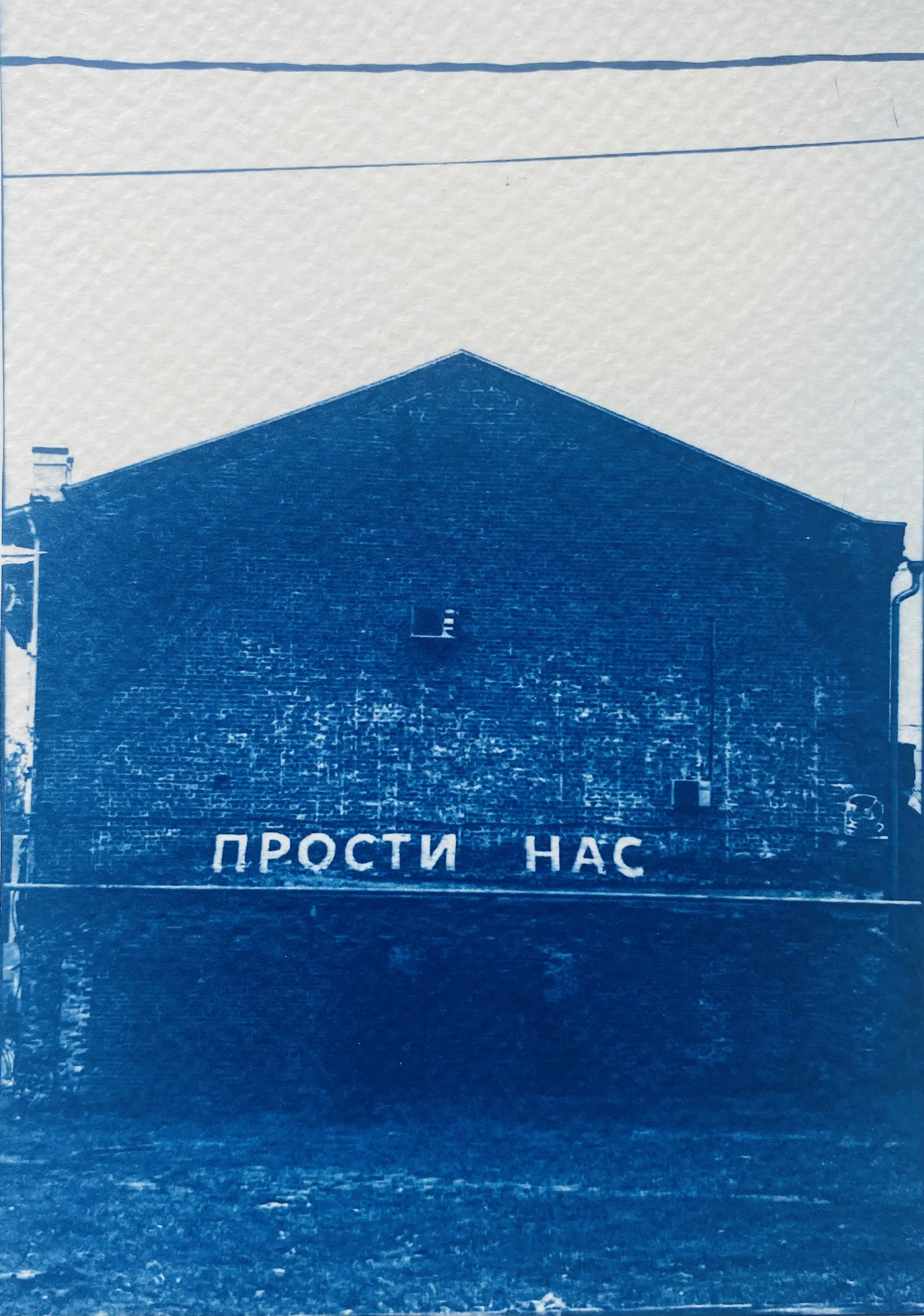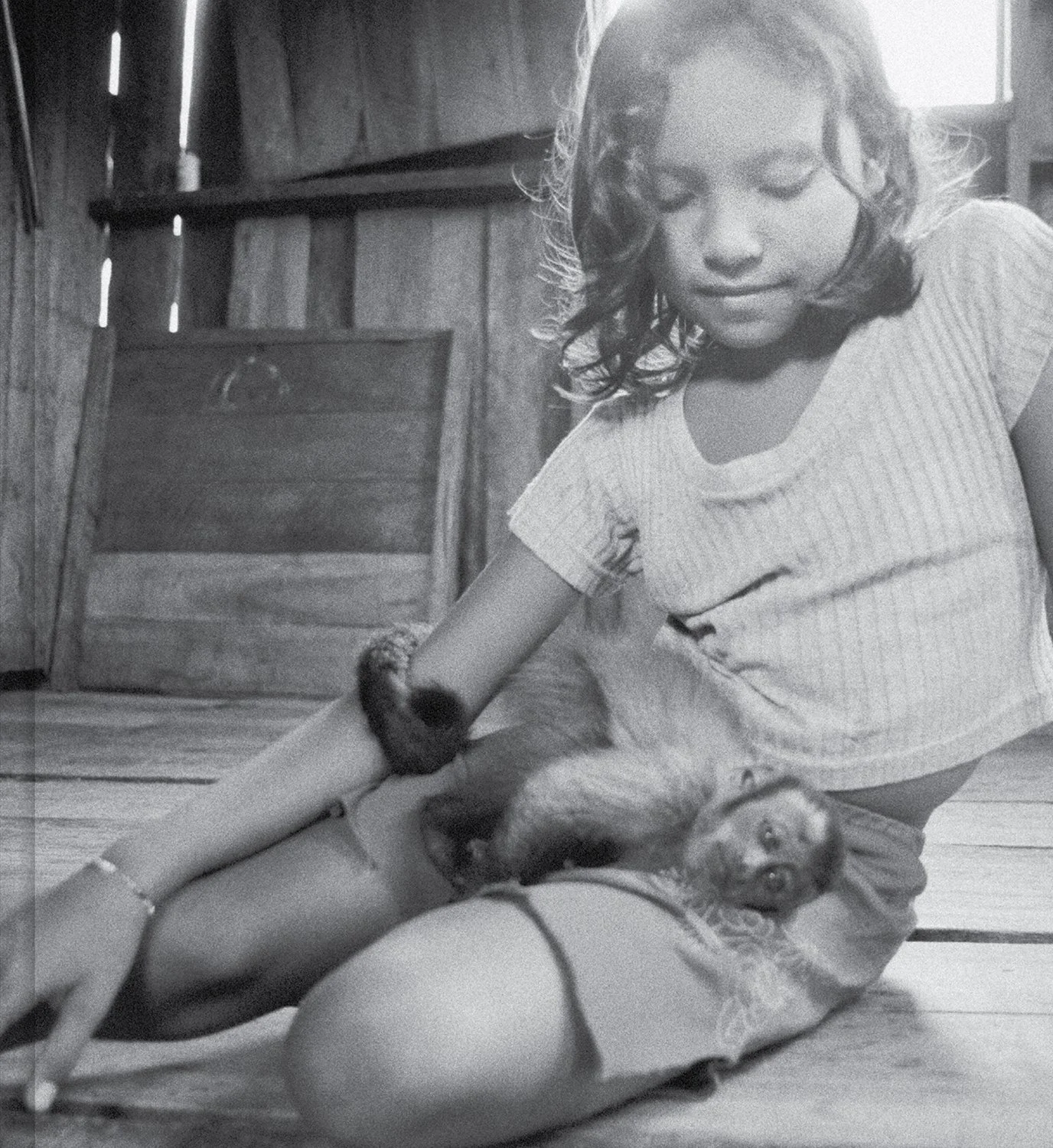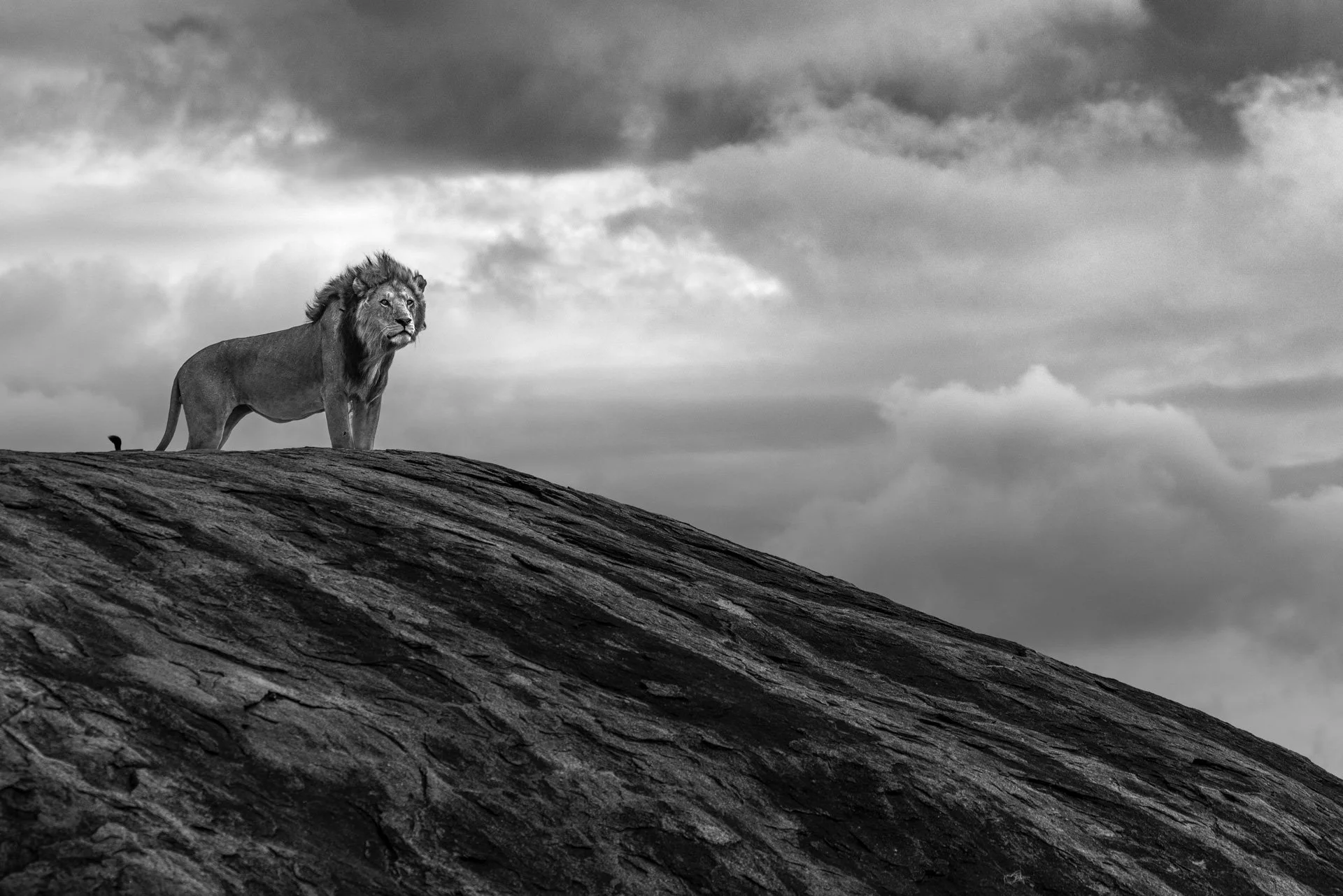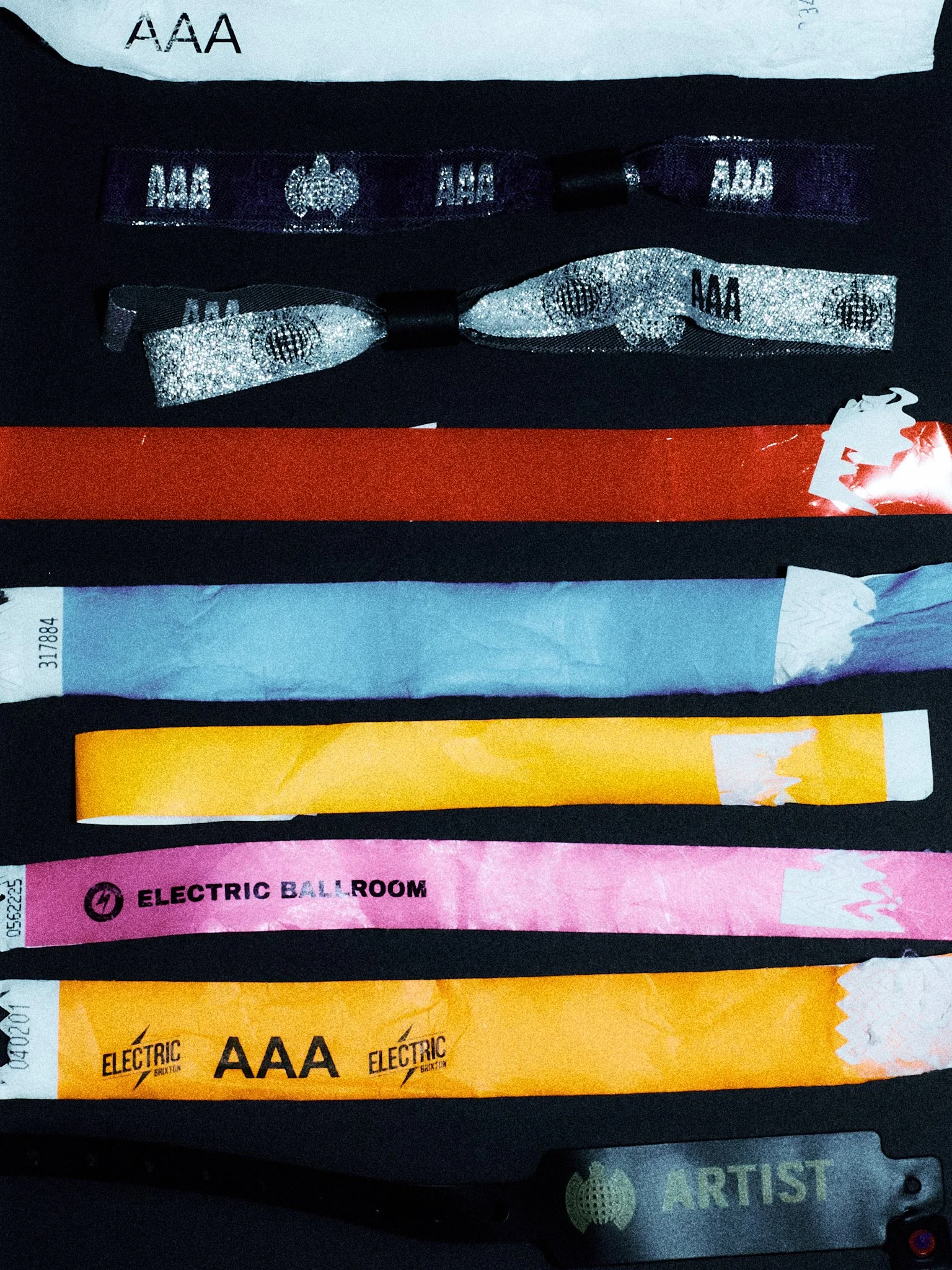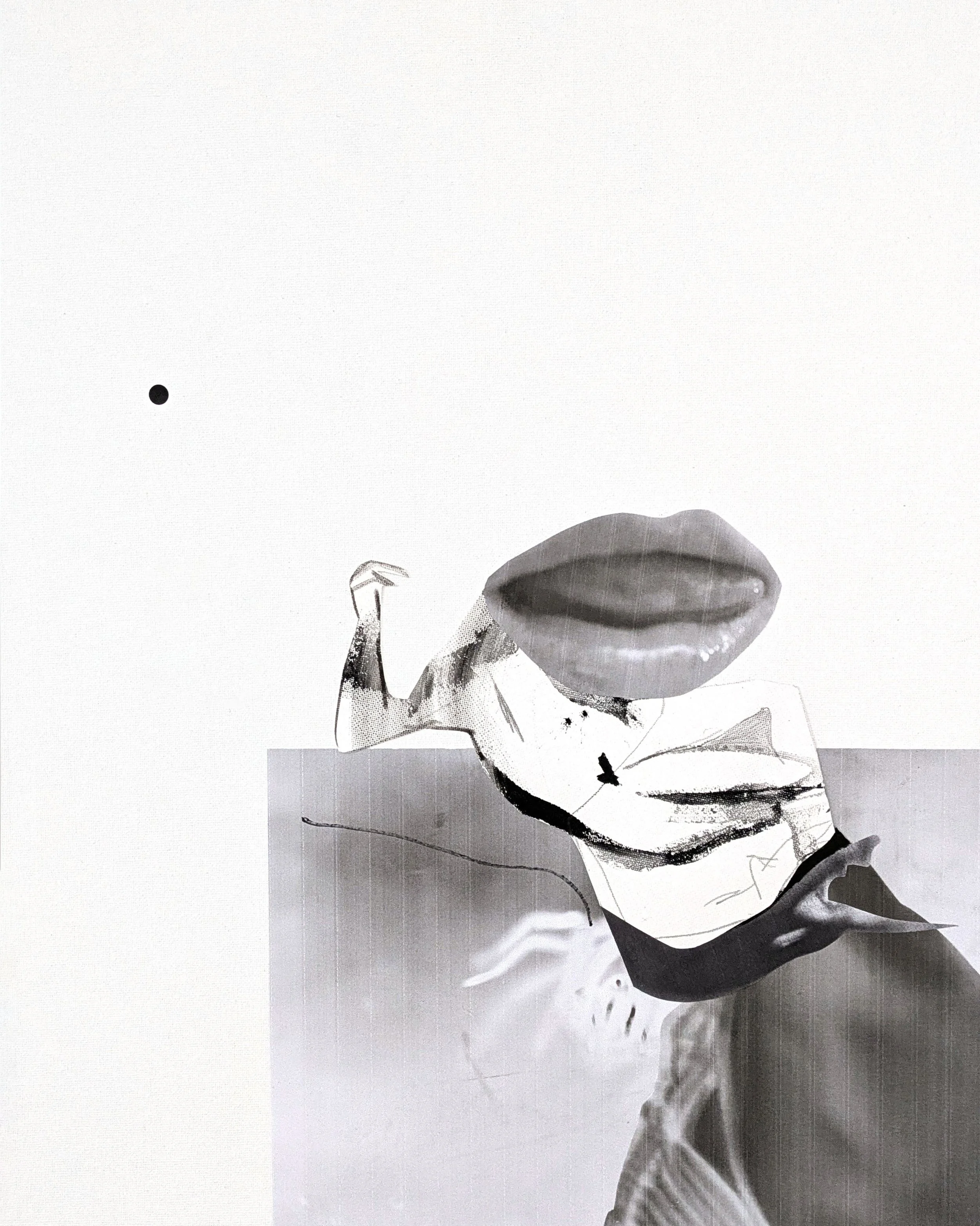Ash Lambe: Down the Rabbit Hole
For Ash Lambe, the blues isn’t nostalgia, it’s a living language. Fronting the 32-20’s, his sound is raw, reverent, and defiantly alive. In this interview, he talks tone, truth, and wild nights, including Bill Murray, and makes a compelling case for why the blues still matters now.
Interview and Photography JC VeronaLet’s start at the roots. What pulled you into the blues?
Was there a specific record, a sound, or even a night that made you say, this is it?
When I was a kid (under 10), there was this encyclopedia on the PC called Encarta. I used to listen to this sound clip over and over again. Being a young’un, I moved onto something else and forgot about it for years. Then, in my early 20s, my brother was showing me some music and B.B. King's Sweet Sixteen came on. I was instantly transported back to my bedroom as a kid. That was it—rediscovered. B.B. King. I’ve been down the rabbit hole ever since.
Your band’s sound nods hard to Muddy Waters, Hound Dog Taylor, Elmore James...
What’s the balance between honouring that legacy and pushing something new?
I’d say I’m—we're—fairly traditionalist. We’re not reinventing the wheel; we’re just trying to do the music we love justice, but with our own voice.
Blues can feel like an old language.
How do you keep it alive and relevant—especially in a fast-paced city like London?
Blues is definitely an old language, and there’s a vocabulary within the music. But I think blues is timeless—it’ll always be relevant. The important thing is the same with any art form: as long as you’re telling your truth and telling it with conviction, it’ll connect.
“As long as you’re telling your truth, and telling it with conviction, it’ll be relevant.”
What's the songwriting process like for you and the band? Do lyrics or riffs come first? Do you jam things out or walk in with a clear plan?
Each song is different, but generally I come up with guitar and lyrics/melody at the same time. Keith Richards once said, "The song finds you," and I think that’s true for me.
Once I’ve got a fairly formed idea, I take it to the guys—Craig and Ben—they put their stamp on it, maybe make suggestions, and we flesh it out, jam it, then road-test it at a gig. Once it’s being played live, it usually evolves and solidifies into its final form.
Who are the 32-20’s? What do each of your bandmates bring to the table—sonically or spiritually?
In Chicago, a lot of the bands had something after the name—Muddy Waters and His Blues Band, Little Walter and His Jukes, Hound Dog Taylor and the HouseRockers, J.B. Hutto and His Hawks, etc. That’s where the idea came from. I didn’t want it to just be my name—it’s so much more than that.
"32-20 Blues" is an old Robert Johnson song, so it’s also a hat tip to one of the greatest bluesmen ever.
I’m very lucky to have Craig Rattray on bass and Ben Pearson on drums—both great friends and remarkable players. People always say, “Be the worst player in the room,” and that’s me. They push me and bring out the best. It’s truly inspirational, and playing music with them is something I’ll be forever grateful for. More recently, we’ve had a great harmonica player, Jonathon Reid, join us for a lot of gigs—he’s an absolutely cracking player.
Our sole goal is to make and play great music, make people dance, have a good time, and most importantly, have fun doing it. We’re always making each other laugh.
Your tone and slide work feel raw, almost feral.
Is there anything sacred in your setup—a guitar, pedal, amp—that defines your sound?
Thank you so much. It’s all in the feel, to be honest—I’m just trying to emulate my heroes. Really, I wish I could play smoother like Earl Hooker or Robert Nighthawk—maybe I’ll get there one day. But Muddy Waters, Elmore James, and Hound Dog Taylor have probably had the biggest influence on me. All quite wild and raw players.
I keep my setup pretty simple. A nice guitar—mostly single-coil pickups—and a good tube amp (has to be tube), plus a bit of reverb, and we’re good to go.
“We’re not reinventing the wheel, we’re just trying to do the music we love justice — but with our own voice.”
You’ve played some intense live shows.
What’s the wildest moment you’ve had on stage so far?
Wildest moment? Playing for Bill Murray at Blondies in Clapton. That came out of nowhere. We’d actually finished our two sets for the night, and through a series of events he ended up at the bar. He asked us to play again. That was surreal.
London’s underground music scene is a jungle.
Where do you feel most at home performing—and what venues still give you that jolt?
There are a few places where we really cut our teeth. Craig and I have been doing a little gig at The Sun Tavern in Bethnal Green for nearly four years now—that definitely feels like home. We used to play every other Sunday for 2–3 years at a dive bar called Blondies in Clapton. Spiritual in Camden was always a great one.
More recently we’ve been playing more at Ain’t Nothin’ But in Soho. It’s a great blues bar—it feels like home now, and hopefully will for many years to come.
What’s your take on the blues scene in the UK right now? Is there a revival happening—or are you just carving out your own gritty little corner?
There are some great UK blues artists out there. I’d say the “blues scene” is a complicated one and hard to penetrate. There are definitely some boomer gatekeepers still around. Also, a lot of publications and venues say “blues,” but it’s actually more rock or blues-rock.
We don’t only aim for the blues scene—we try and play anywhere. Some people don’t even know what blues is, they just dig it.
Some of my favourite UK blues artists to check out: Chris Corcoran, Big Joe Louis, Dexter Shaw, Tom JJ (from the Cinelli Brothers), The Cinelli Brothers (actually Italian, but based here), Alex Haynes, and Kasper Berry Rapkin. They’re all the real deal. I’m sure I’ve forgotten plenty, but those are the ones that spring to mind.
Also—not blues, but Honky Tonk—my man Dom Glynn & His Sunday Best are one of the best acts around.
Who are your blues heroes, old ghosts or living legends, who keep you plugged in and inspired?
A never ending question, almost impossible to answer. Just a few (there are many) living guys that constantly inspire me are: Austin John, Matt Stubbs, GA-20, Junior Watson, Kid Ramos, Jimmie Vaughan, Buddy Guy, Joel Paterson. Oldies and ghosts: Easier to list an array of things as a catalyst for people to look into: The Kings, Chess Records, Cobra records, Delmark records, Vee Jay Records, Alligator records, John Lee Hooker, West coast blues, Swing Blues, Hill country blues, Texas blues, Little Charlie, Hollywood Fats. There’s so, so. so much more, but it’d take an entire lifetime to cover!
